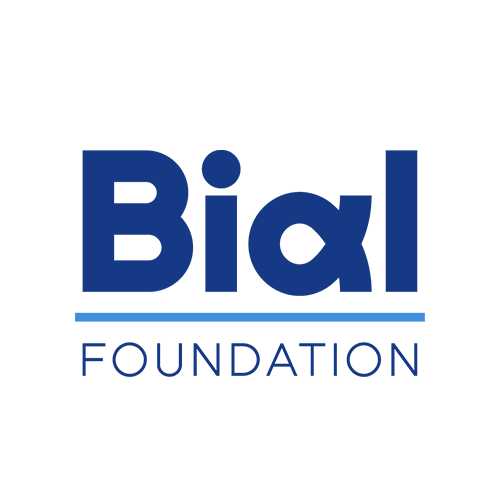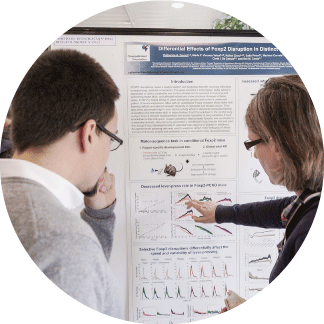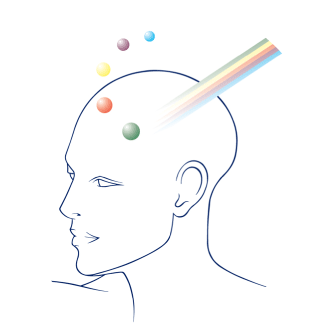News
Top Stories

Empathy in couples
Understanding the adaptative functioning of couples is something crucial considering the harmful consequences of situations of domestic violence.

Choosing the usual or taking a chance?
We always choose the same route back home, but one day, alerted about traffic restrictions, we decide to risk an alternative route. What drives us to make this decision?

Dream and daydream: differences and similarities
Did you know that daydreams reflect events from the previous two days and “night” dreams resemble a fictional plot?
News

Maria de Sousa Award 2024 was delivered at the BIAL Foundation's 30th-anniversary celebration
Young researchers were awarded for their work on stem cells, stroke, ageing, fungal respiratory disease, and inflammatory bowel disease.
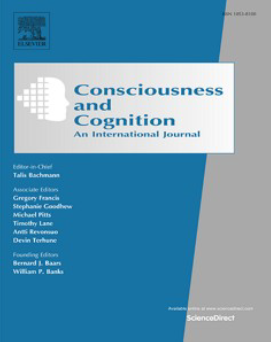
What can explain the subjective differences in meditation experience?
In the scope of the research project 92/18 - Attending mindfully: A psychophysiology study of sensory processing in meditators, supported by the BIAL Foundation, Veena Kumari and colleagues examined the effect of regular meditation practice on startle modulation paradigms, specifically habituation and prepulse inhibition (PPI), by comparing the groups of meditators (n = 32) and non-meditators (n = 36). They found no significant differences, on average, between meditators and non-meditators in habituation or PPI, but meditators who reported being able to easily enter a state in which their awareness of the self and others/surroundings are perceived as one, without separation (non-dual awareness), during meditation practice, showed greater PPI, relative to those who could not. These results suggest that differential sensory processing characteristics of meditators may explain subjective differences in meditation experience. More information is available in the article Non-dual awareness and sensory processing in meditators: Insights from startle reflex modulation published in the scientific journal Consciousness and Cognition.
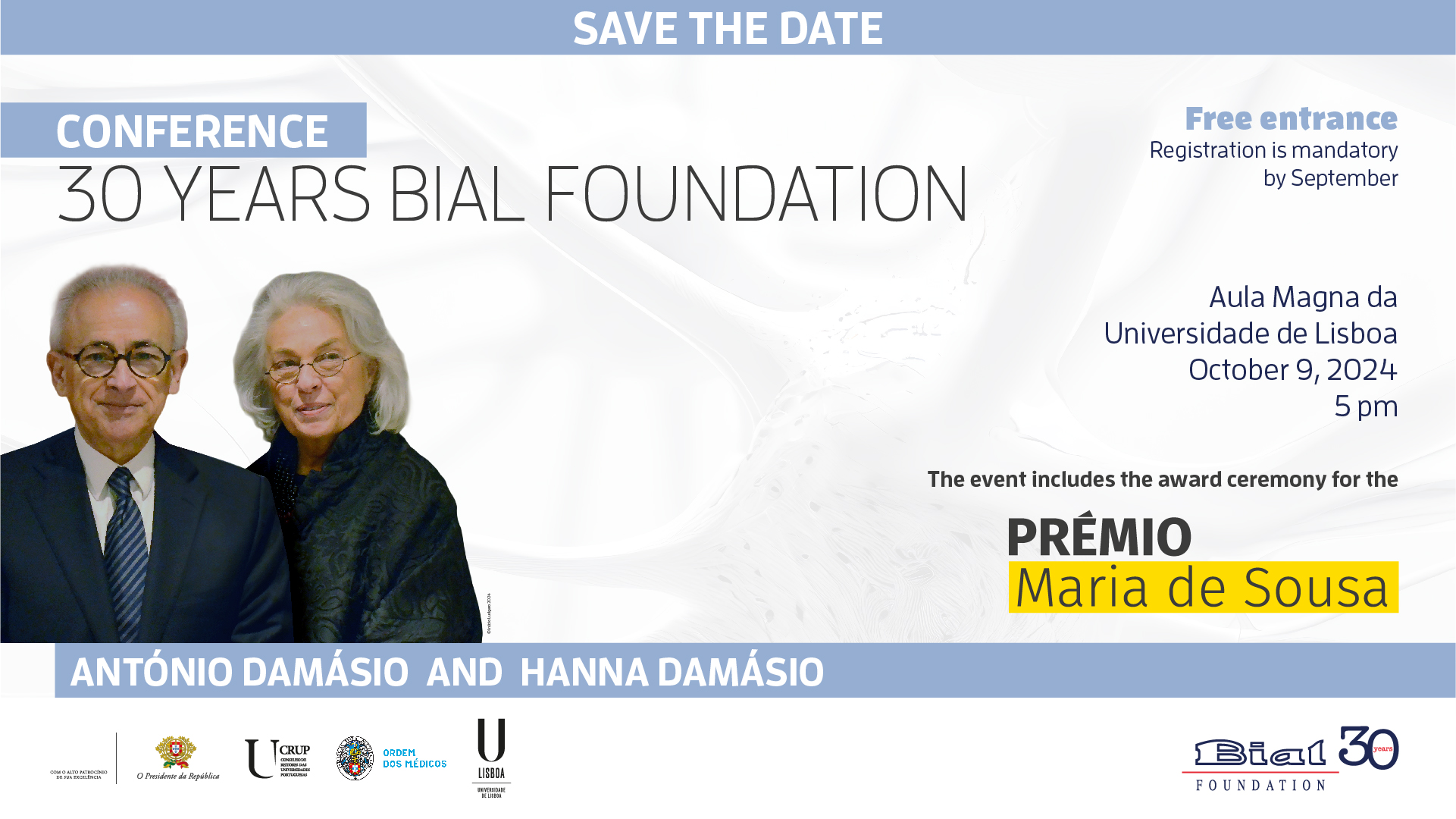
BIAL Foundation brings António Damásio to Portugal for conference "On the Physiology of the Mind"
To mark its 30th anniversary, the BIAL Foundation is bringing António Damásio and Hanna Damásio to Portugal for a conference on October 9 in Lisbon.


